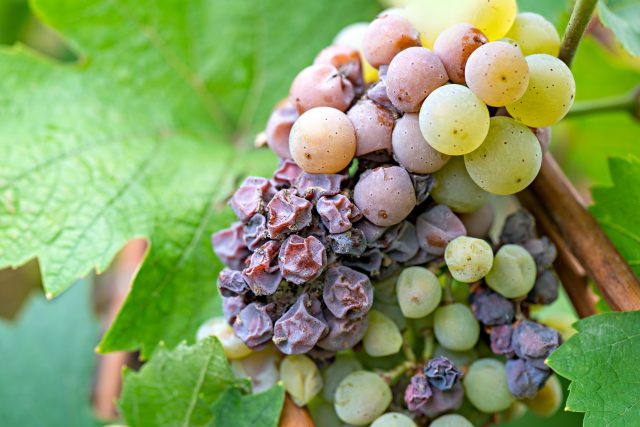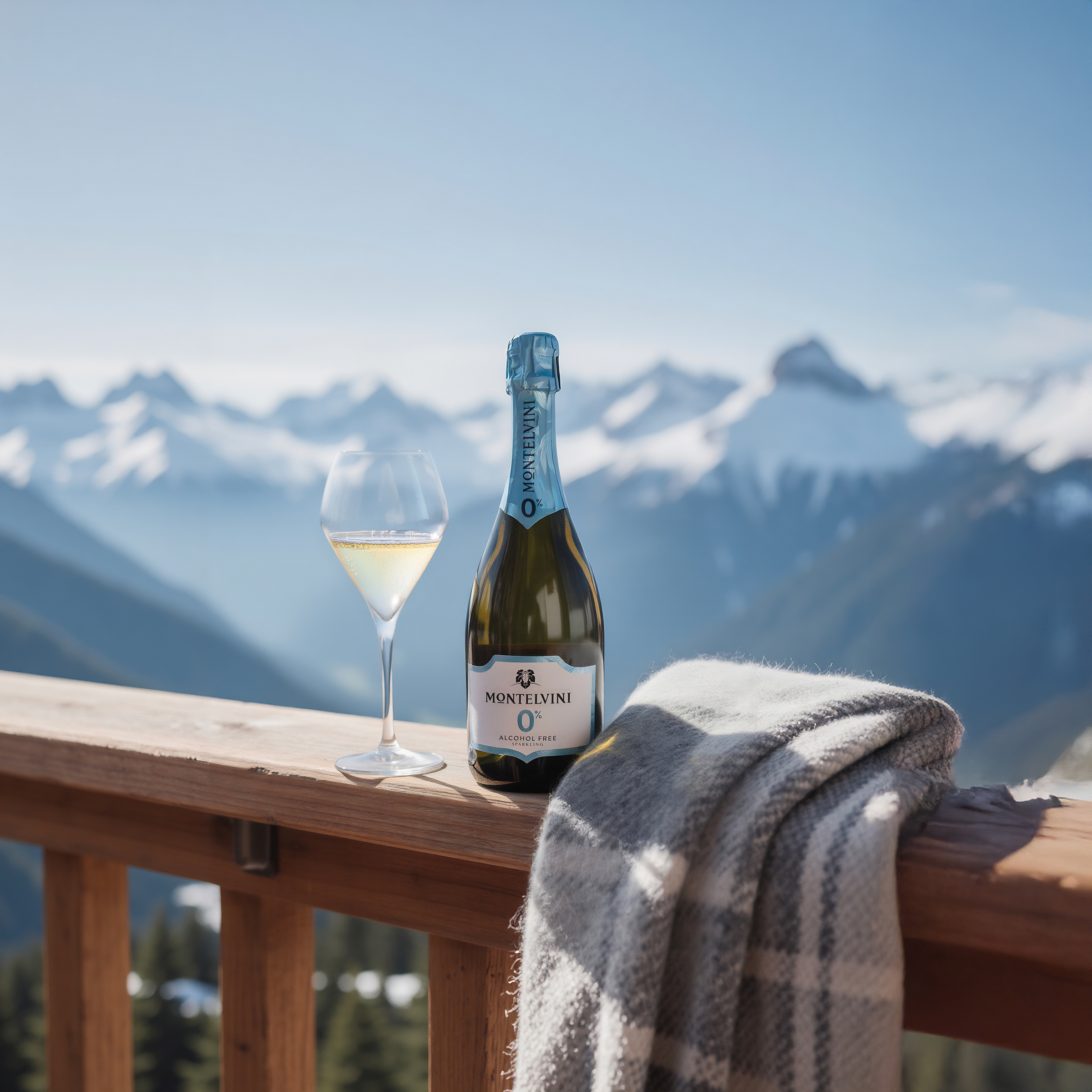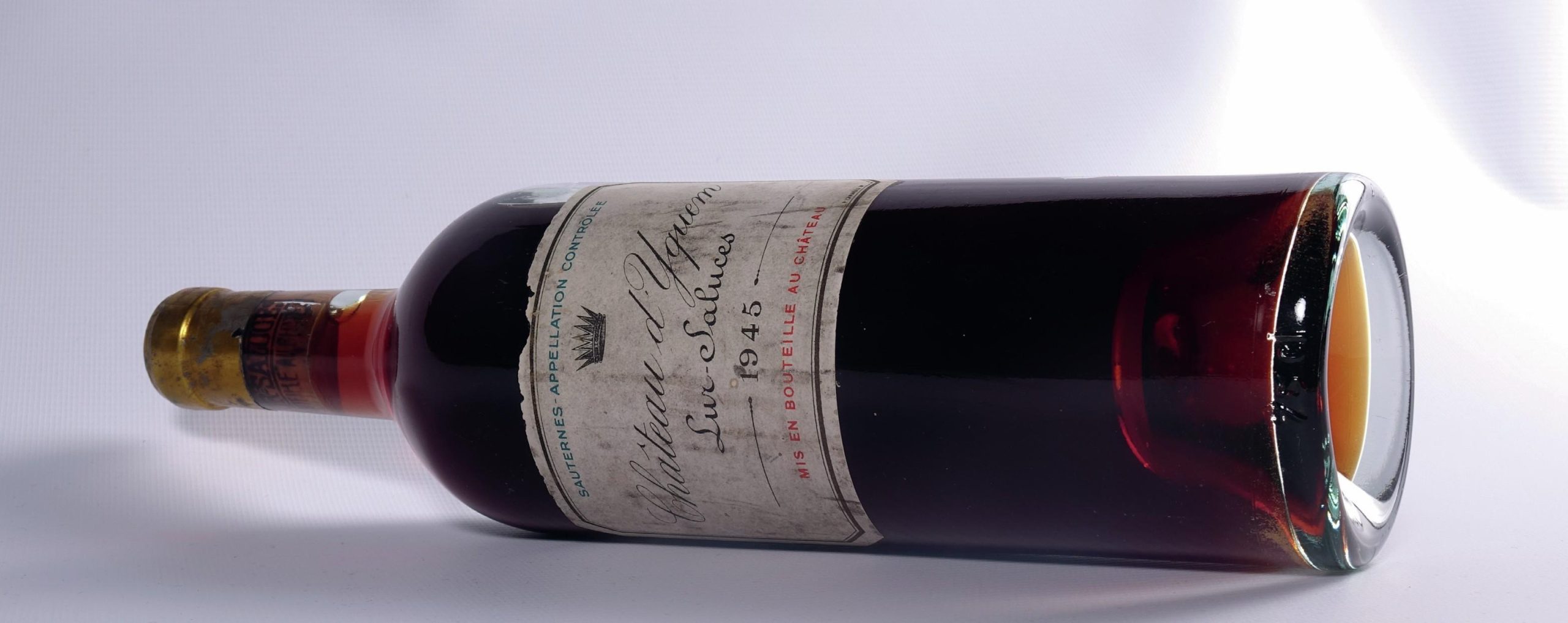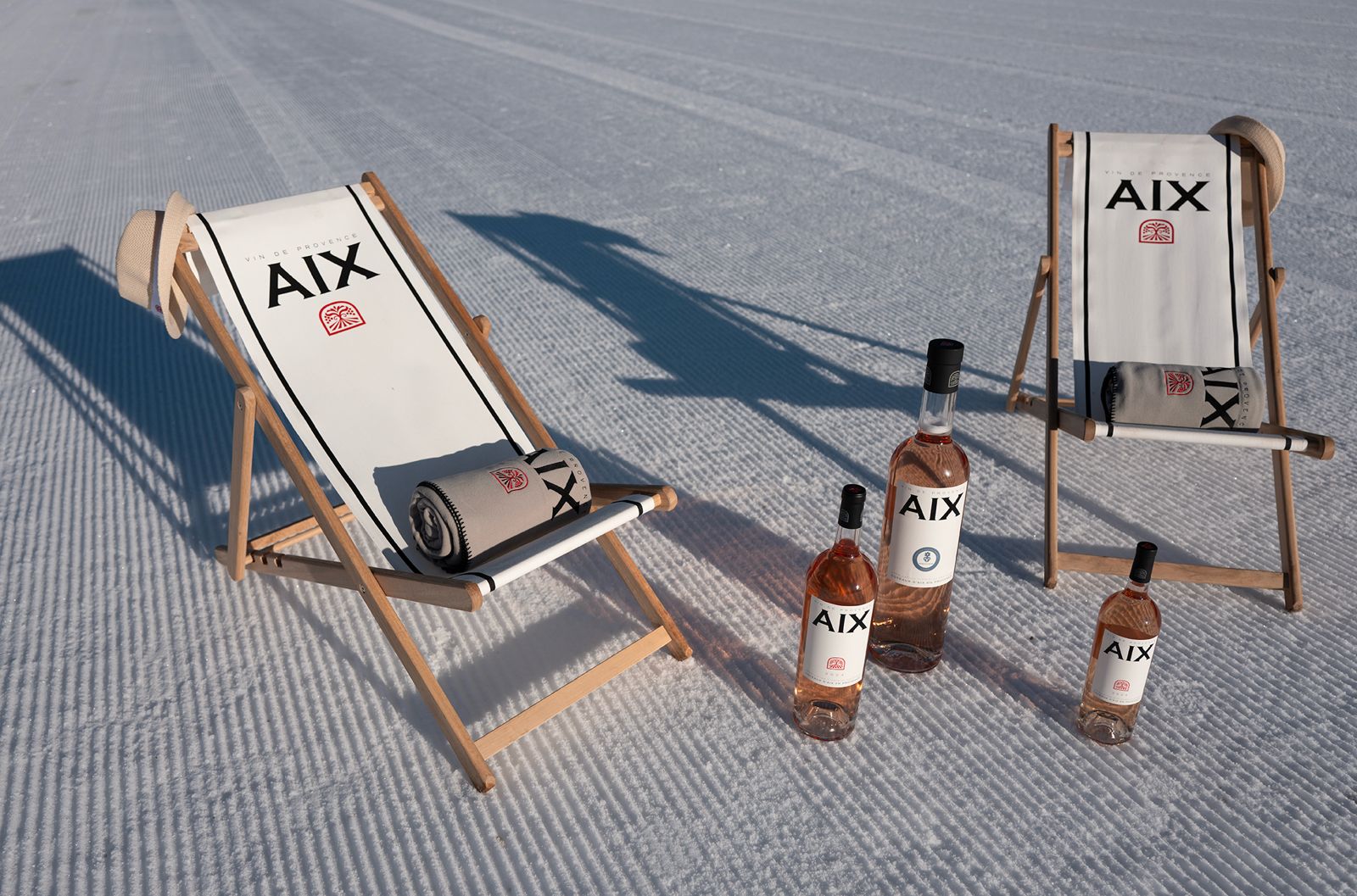New Zealand approves pioneering biofungicide in its vineyards
A groundbreaking biofungicide, developed by UK firm Eden Research PLC, has gained regulatory approval in New Zealand to help fight botrytis in its Sauvignon Blanc.

Due to New Zealand’s damp conditions and fluctuating temperatures, its vines are prone to botrytis, with its popular Sauvignon Blanc variety particularly susceptible to the rot.
However, a solution may now be in sight thanks to a new sustainable biofungicide called Novellus that its makers hope will stem the costly problem. It is estimated that botrytis can cause a financial loss to New Zealand winery owners of up to NZ$5,000 (£2,500) per hectare.
The biofungicide will be rolled out across kiwi vineyards later this year, having previously been actioned in Australia.
Eden’s partner Sipcam Oxon will exclusively distribute Novellus in New Zealand, beginning with the 2023/24 growing season, during the Southern Hemisphere’s summer and early autumn when fungal treatment typically takes place.
Sean Smith, CEO of Eden, said: “We’re proud to offer a sustainable solution to the destructive botrytis disease in New Zealand, a country with challenging grape growing conditions. Having also gained authorisation in Australia, we’re demonstrating Novellus’ versatility and efficacy across different environments. We anticipate promising sales growth and look forward to working with Sipcam.”
Marketed as Mevalone in the UK, the biofungicide underwent multiple efficacy trials conducted by Eden Research in vineyards in Greece, Italy, Spain, Portugal and the South of France, which compared Mevalone with conventional chemistries in up to 18 different grape varieties.
The trials proved that Mevalone’s success in combatting botrytis was comparable to the success of conventional herbicides and pesticides (57.9% disease control for Mevalone compared with around 62% for conventional products), though with less impact on the planet.
Novellus is made from three active ingredients, all terpene compounds which are derived from plants: Geraniol, Eugenol and Thymol.
Each of the three compounds are widely used in food flavourings, cosmetics and other industries.
Partner Content

In terms of the active ingredients, Eden tells db, there are three terpene compounds, each of which is derived from plants: Geraniol, Eugenol and Thymol.
All three are widely used in food flavourings, cosmetics and other industries.
New Zealand has long eschewed chemical treatments in its vineyards, and today more than 96% of the country’s vineyards are certified through the Sustainable Winegrowing New Zealand programme, one of the first sustainable wine initiatives to be launched when it formed in 1995.
Around 10% of wineries in New Zealand are certified fully organic, including Carrick, Felton Road and Domaine Thomson.
In March, the drinks business revealed that work is well underway on a ‘Sauvignon Blanc: 2.0’ project, spearheaded by New Zealand’s Bragato Research Institute.
“The focus of the research programme is to produce new Sauvignon Blanc clones selected for their resilience traits to the extreme weather that is likely to result from climate change, while retaining all the aroma and flavour typicity that has made Marlborough Sauvignon Blanc so universally successful,” Matt Mitchell, general manager for Marisco Vineyards, an official grantor to the project, told db.
Through the project, Bragato Research Institute aims to create 12,000 new variants of Sauvignon Blanc, which will form “a library of options” to choose from should disastrous weather patterns strike.
“Once commercially available, these will be the first grape material to be released to the market that have been bred in Marlborough specifically to maximise the typicity of Marlborough Sauvignon Blanc grown in typical Marlborough conditions,” said Mitchell.
Related news
Drinks trade gets dedicated AI-powered search tool
Future Château raises £0.7m to expand lower alcohol wine range
Cava’s apex expands as five new Paraje Calificado wines approved




